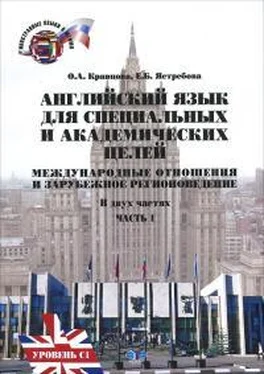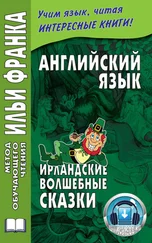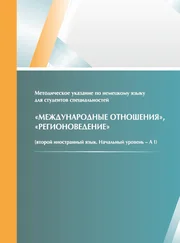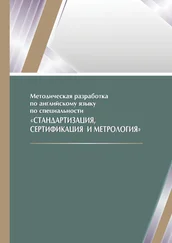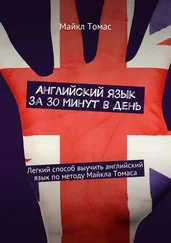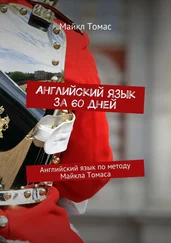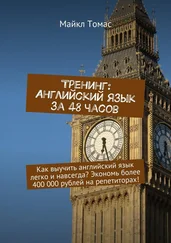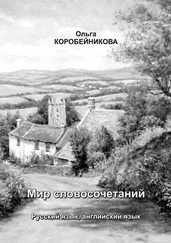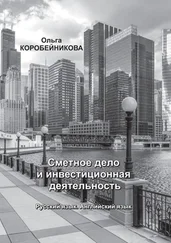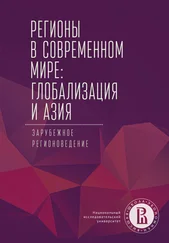5. As colonial power and the riches of empire declined, there was an increasing desire to define greatness as something other than wealth and territory. Britain wanted to believe it was special.
6. The monarchy is living history, a pageant of our past that remains relevant in the present and will continue to do so in the future. Constitutionally, it is the guarantor of stability .
7. Although the monarchy undoubtedly represents value for money, its true worth cannot be expressed in financial terms.
8. It [monarchy] is the personification of the [British] nation, the embodiment of the national identity.
B. Answer the questions on the text.
1. What, according to Walter Bagehot, made the British monarchy a perfect political system?
2. When, in his opinion, was support for the monarchy likely to decline?
3. Has the monarchy provided continuity and stability throughout the country's history?
4. In what ways did the crown cement the nation before the 19 thcentury?
5. What part did the monarchy play in the evolution of the British Empire?
6. What was the effect of Britain's victory in the major wars of the 19 th-20 thcenturies on the monarchy?
7. In what way have the long-reigning monarchs (Queen Victoria, Elisabeth II) contributed to the political stability in the country?
8. What would have been the significance of the British monarch serving as a sovereign of independent Scotland (should Scotland have become independent)?
Speak Up
DISCUSSION QUESTIONS
1. Do you agree with the author's opinion that the British monarchy has survived because it has always provided the people with a sense of stability and security?
2. Does the British monarchy have anything else going for it?
3. Do you think it is likely to be abolished in a foreseeable future?
FOLLOW-UP
Make two lists of arguments: one supporting and the other opposing the retention of the monarchy in Great Britain.
Explain which position on the issue you find more persuasive. Use the text above, texts from the Reader and the video below.
Compile a list of Topical Vocabulary necessary to discuss the issue (to be shared in class).

Ex. 7. a) find words in the text to match the definitions below, reproduce the context they are used in;
b) give their synonyms;
c) suggest their Russian equivalents;
d) use the words in sentences of your own.
1. able to become strong, happy, or successful again after a difficult situation or event
2. continuing to have a lot of influence for a long time
3. to guess about the possible causes or effects of something, without knowing all the facts or details
4. coming or following one after the other
5. to depend on or be based on one important thing, event, or idea
6. loyalty to a leader, country, belief, etc.
7. after an event in the past
8. forming a necessary part of something
9. to defeat completely and decisively
10. to make or become less valuable or respected (Participle II in the text)
11. unusually large, powerful, or damaging
12. a particular form of political or government organization, or a condition of society in which political organization exists
13. to develop something new, especially a strong relationship with other people, groups, or countries
14. a situation, condition etc. that is close to or similar to a particular one, usually a good one
Ex. 8. Continue the strings of collocations, translate them. Make up a sentence with one collocation from each list.
1. to forge a union, ______________, ________________, _________________
2. tenacious tradition, ______________, _________________, ________________
3. successive governments, ______________, ________________, _____________
4. to tarnish reputation, _____________, ________________, _______________
5. semblance of democracy, _______________, ______________, _____________
6. massive increase, ________________, _________________, _______________
Ex. 9. Fill in the gaps with the words from Ex. 7 and Ex. 8, the words they are formed from or their derivatives.
1. Ronald Reagan's reputation was _______________ w h e n the public learned in late 1986 that
members of the President's National Security Council staff had engineered an arms sale to Iran.
2. The greatness of our nation rests on our ability _______________ a union out of our differ
ences and our ability to respect and value our differences.
3. The success of the anti-vandalism policy _______________ on prevention, community en
gagement, timely detection and reporting.
4. Egypt may have reinstated a ________________ of democracy, but that is all. It is likely to be
some years yet before its people again enjoy the right to vote and freedom to express their opinions.
Unit I. UK: from Empire to Democracy
Unit I. UK: from Empire to Democracy
5. A ___________________political system is essential for political stability and internal security,
which in turn are vital for economic development.
6. For many centuries, humans have ____________________that there might be planetary sys
tems around other stars and that there could be extraterrestrial life there.
7. Nelson Mandela's perseverance and ___________________ fight against oppressive rule
led to the eventual liberation of the people of South Africa, and the birth of the Rainbow Nation.
8. The problem with the Egyptian economy, historically, has been the inability of __________
_________rulers to develop a long term economic strategy.
9. In 1970 a student protest on the campus of Mississippi's Jackson State University led to
a ___________________ confrontation with local police authorities.
10. As a unique __________________, Europe contains a certain set of opportunities and con
straints for political and economic cooperation.
11. Republican Congressman Steve Scalise was ___________________elected to replace outgo
ing Mr. McCarthy as House majority whip.
12. Heavily outnumbered, the insurgents were ___________________ by the British army, and
the rebellion was crushed within the week.
13. One objection to legal pluralism is that it creates uncertainty: it is not immediately obvious
which law applies and some conflicts of law may have to be decided by political means. But pluralism as a general principle is ___________________ to democracy.
14. Party organizations prefer closed primaries because they promote party unity and keep those
with no _____________________ to the party from influencing its choice.
DEBATE
Prepare and hold a debate on the chosen topic.
Team work
Decide on the topic (see Appendix), on the roles (the judge, the “for team”,
“the opposing team”, the leader of each team). For guidelines see the Manual.
Decide what research you will have to do to win the debate.
Individual work
Do the research you've been assigned.
Revise the debate format (see the Manual).
Team work
Final preparation: share the information you've gathered and the statements you've prepared for the debate.
Class work
Читать дальше
